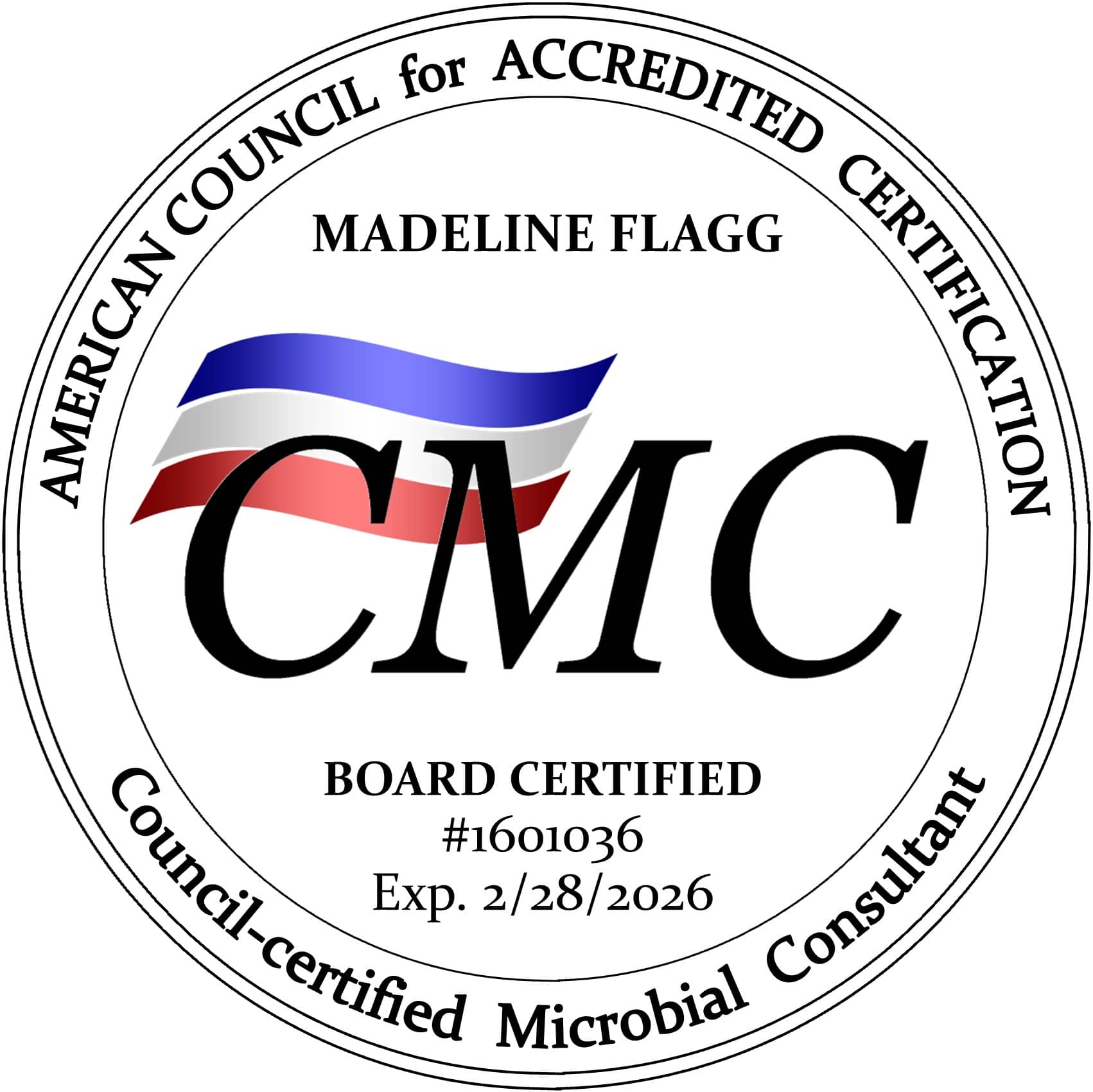
Formaldehyde
Formaldehyde is very common in homes. It’s one of the most common pollutants found indoors and often causes nasal or eye irritation, it impacts allergies and asthma and also has neurological effects in some cases. Its popularity in building materials and furniture makes it a threat to indoor air quality that cannot go unaddressed.
Benzene
This pollutant is often part of vehicle exhaust systems, cigarette smoke, detergents, and more. Even small levels of exposure can lead to unconsciousness, headaches, dizziness, and other unfortunate side effects that compromise health. Along with formaldehyde, it is considered a human carcinogen.
Xylene
Rather than a carcinogen, xylene is a toxic solvent. Xylene is present in paints, thinners, gasoline, and more. Whether you expose yourself to xylene for a short or long period, the effects are enough to warrant air quality testing in Massachusetts. Short-term exposure can cause dizziness, headaches, and other irritations. Long-term exposure ushers in dangerous side effects like liver damage or respiratory failure in some cases.
Trichloroethylene
Much like xylene, trichloroethylene can appear in household items. Some of the most common are wood stains, finishes, paint removers, cleaners, and more. It is a carcinogen as well with substantial impact. Minimal exposure to trichloroethylene leads to throat irritation, nausea, and other adverse effects that are similar to those of formaldehyde or benzene.
It may be a bit frightening to consider how many chemicals can affect air quality, but it’s excellent that houseplants like peace lilies, Boston ferns, or other plants can absorb them. While only thorough air quality testing can diagnose and repair any indoor air quality issues, plants can sometimes lessen the impact of dangerous pollutants. For expert air quality testing in Massachusetts that will provide the answers you need, call Purely Green Environmental at (888)-291-3773.



